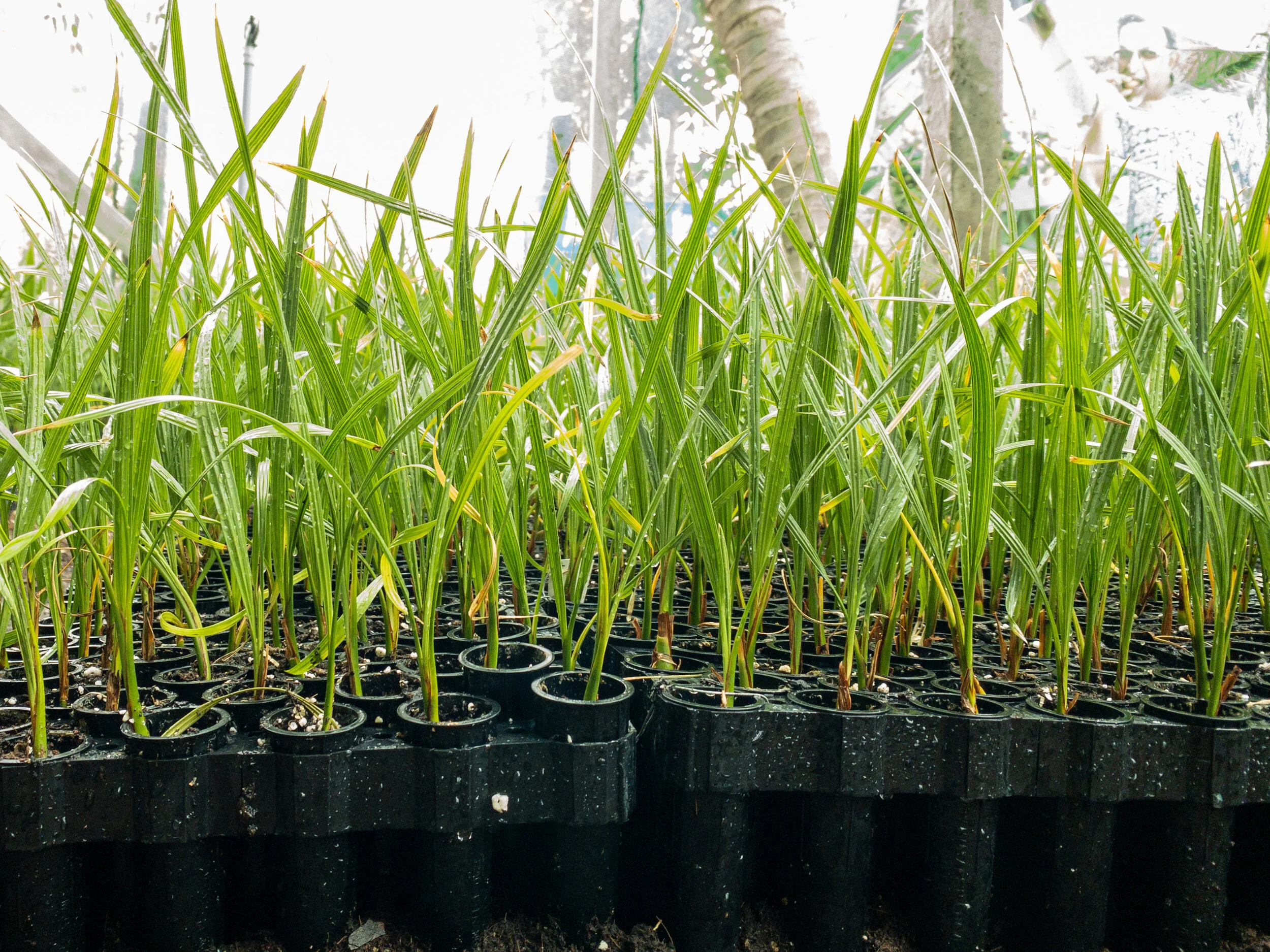
Date Palm Tissue Culture
Traditional propagation by offshoots is inefficient to satisfy current demands for date palm trees. Alternatively, tissue culture provides an efficient means for large-scale propagation of date palm cultivars. The cells of the explant undergo rapid multiplication, ultimately produces many young date palm plantlets, where all the plantlets are genetically identical to the desired mother palm.
Process of Tissue culture date palm plant
Selection of plant
Like in banana plants offshoots will be coming out from the mother plant of date palm plants. Offshoot from a well grown with good yield plant mother plant will be selected. By selecting a male plant, all the produced from tissue culture will be male. By selecting female, all the plants will be female.
Root develops
After the tissue grows, where plantlets will develop roots. In total, it takes three years to grow in a lab.
Cutting into pieces
The apical meristem tip from the offshoot of selected plant is taken.And the explant ( Tissue from offshoot ) is cut into small pieces transferred onto a specified growth medium in closed container.
Hardening
Plantlets received from a laboratory are transferred to a green house for hardening. It takes one year for hardening.
Plantlets develops
Once it successfully initiated, the tissue grows and then develop into many tiny plantlets, which are identical to the donor date palm plant.
Ready to plant
After the process of four years, the plants are ready for planting.

Advantages of date palm tissue culture plants
Healthy Plants
Propagation of healthy selected female cultivars (disease and pest-free), Bayoud resistant cultivars.
Uniform Production
Production of genetically uniform plants. And assured sex of plant.
High Yielding Plants
Gives larger quantities of fruits compared to traditionally propagated plants.
Season-Free Plantation
Tissue culture plants date palm can be planted at any season.







